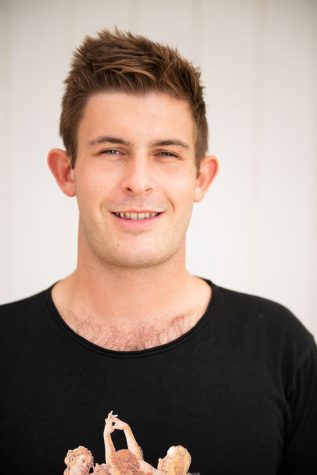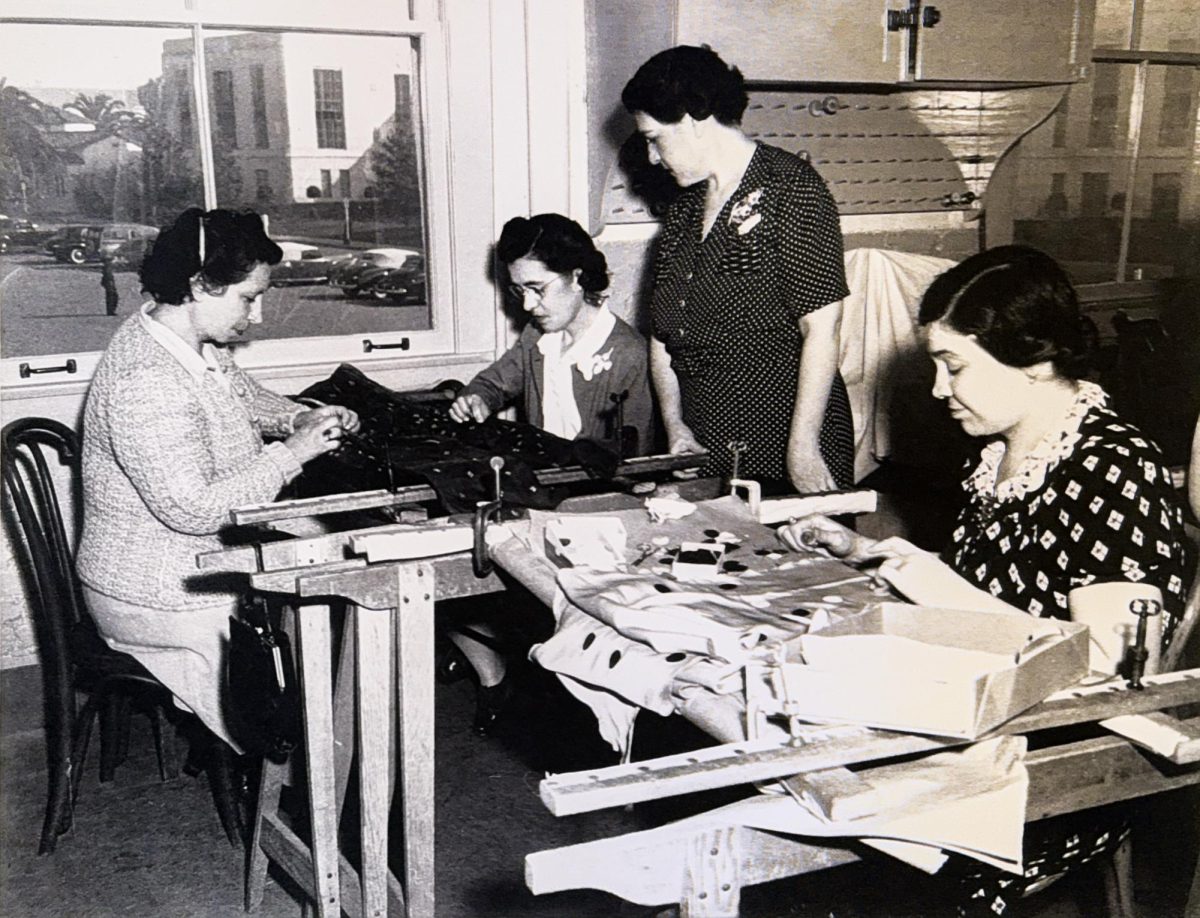
As somebody who loves politics, I’ve come to realize some of the relationships I value the most are ones that challenge my ideological beliefs.
As the British philosopher John Stuart Mill once said, “He who knows only his side, knows little of that.”
But I wasn’t always this way.
Growing up in the extremely liberal town of Woodstock, New York, the vast majority of people I interacted with were on the left side of the political spectrum.
Because of this, I possessed a political identity forged by progressive biases and ideals, and thus a world view deeply similar to those within my bubble. I was often reluctant to give people and ideas on the other side of the fence a fair chance.
While I still currently find myself on the left side of the political scale, I am now able to be considerate of others who find themselves on the opposite side after an experience that forced me to change my beliefs.
Being surrounded by people who share my political values, and skeptical of those who do not, is by no means remarkable or unique. Human nature is intrinsically tribal, to the extent that we are hardwired to form alliances with those we consider to be our own kind.
An unfortunate byproduct of this is that while we are evolutionarily inclined to recognize the virtue of those within our tribe, we are also predisposed to be more sensitive to the vices of other groups outside our own.
When I came to start a new chapter in California, perceived as a safe haven for those in the midst of a liberal bubble, there was little expectation for my bubble to burst.
I located a new roommate on Craigslist upon my arrival. As it so happens, Craigslist doesn’t mandate its users to disclose their political affiliations, which is the only reason I came to share my residence with someone who supports President Donald Trump.
At first, we politely waded the waters of inevitable confrontation.
Eventually we dived straight in, spending countless hours bombarding each other with endless talking points from our respective side. Sometimes, these dialogues would reach such a crescendo of volume that they would warrant a knock on the door from our landlord.
I found that my roommate was just as stubborn and passionate about his political beliefs as myself, and just as dedicated to proving me wrong as I was him.
While the political differences we carried tested our budding relationship to the core, they ultimately lead to something invaluable for me.
Since I was obligated by contract to share a space with someone I didn’t agree with, I was relegated to my side of the ideological fence, having to consider the other side from a distance distorted my perspective.
Choosing who I associate with by political stances strikes me as an extremely limiting way to go about navigating the world.
I also see this as a limited way in determining whether somebody is a good person or not.
Before this, I might have explained to you why I was confident that just about anyone who cast a vote for Trump was doing so because they were racist, sexist or xenophobic.
That illusion has dissipated largely in part to my roommate, and I try to be less of a hostage to those kinds of generalizations.
While I still find myself on the left on most issues, there’s no denying that my political identity has undergone a transformation.
It’s been a lonely journey at times, as my newfound tolerance of different people and ideas has served to alienate me from many liberal friends.
But I wouldn’t have it any other way.
I feel I’m able to see both sides of the fence with so much more clarity than I once did.
If we could all extend a little empathy to the other side of the fence, it would do us all a lot of good.











